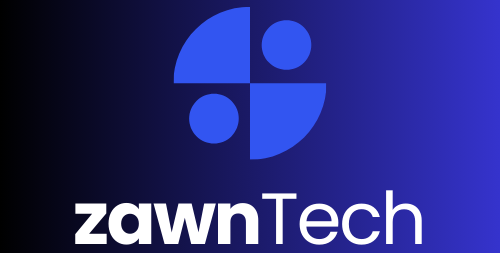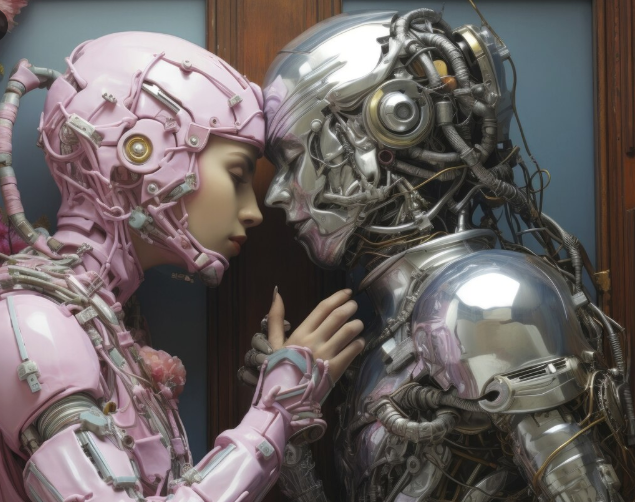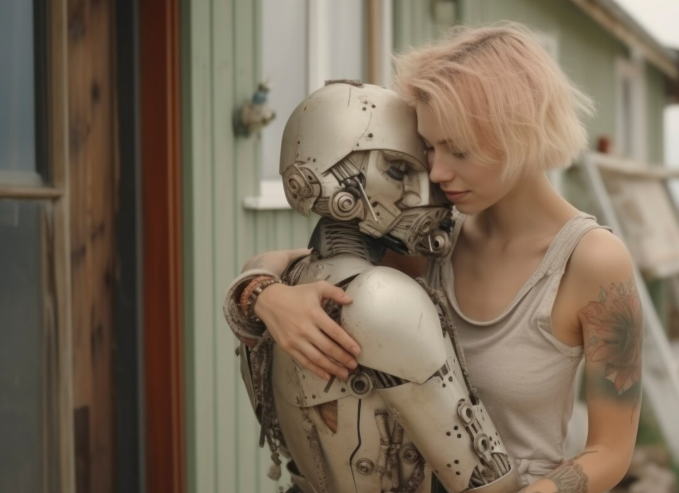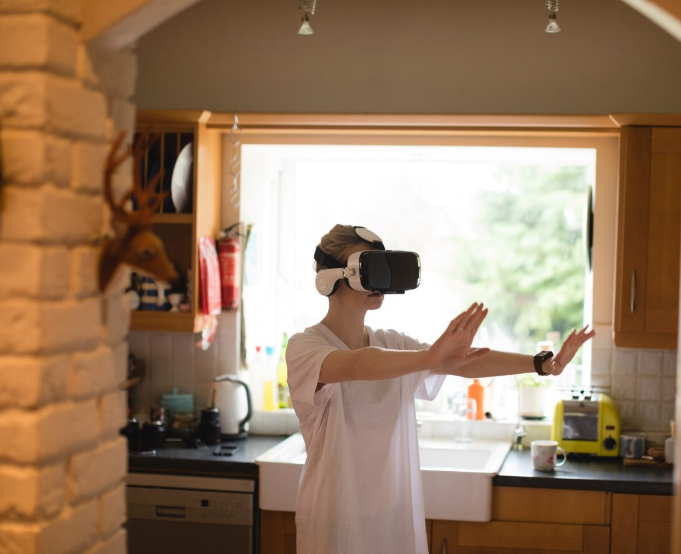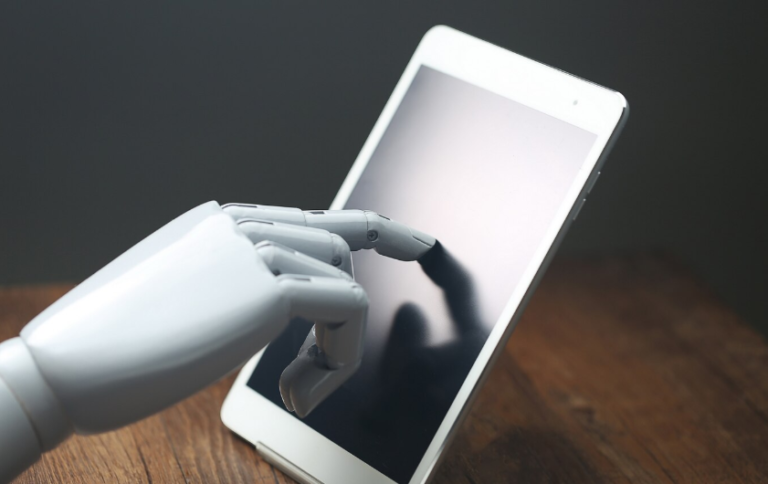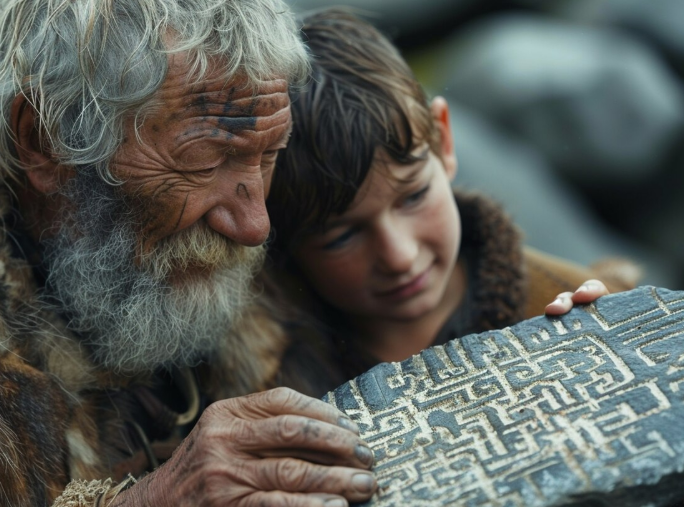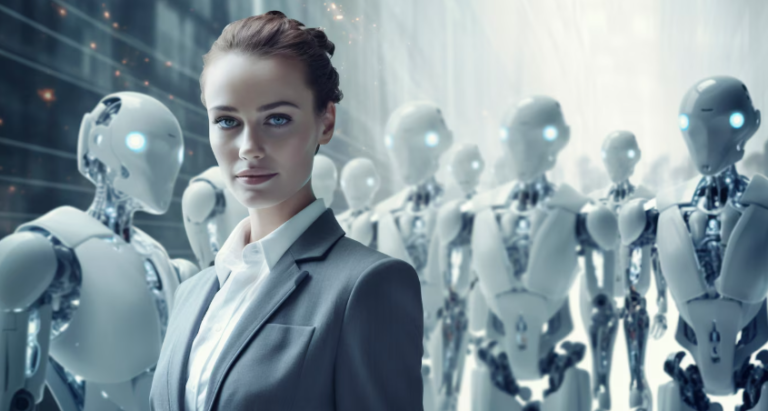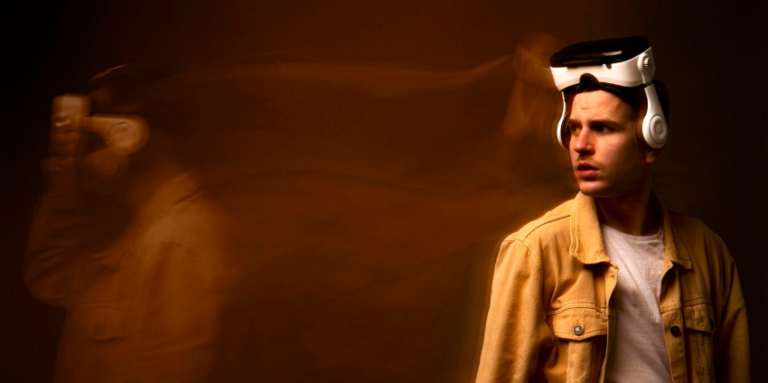AI-Powered Love: Are Humans Falling for Machines?
As artificial intelligence (AI) continues to infiltrate every aspect of our daily lives, it’s no longer just about robots doing our chores or self-driving cars. AI is now venturing into more personal, intimate territories: love, relationships, and human connection. Whether it’s virtual assistants that help us with tasks or AI-generated avatars in digital spaces, technology is beginning to blur the lines between human emotion and machine interaction. The question arises: are humans falling for machines? Is the idea of AI-powered love something we should embrace, or is it a passing trend?
In this article, we’ll explore the rise of AI in personal relationships, its potential impact on human love and connection, and the ethical and emotional questions surrounding AI companionship.
The Rise of AI in Personal Relationships
AI’s role in human interaction isn’t new, but it’s evolving rapidly. Initially, AI-powered tools were designed to assist with mundane tasks, such as managing calendars or answering questions. Over time, though, AI began to play a more active role in building personal connections. From virtual companions to intelligent dating apps, the presence of AI in human relationships is growing—and it’s not limited to just functional help.
1. AI Chatbots: Emotional Support on Demand
One of the most common forms of AI in our personal lives today is the chatbot. These bots, powered by natural language processing, are capable of having conversations that can feel surprisingly human. Apps like Replika offer users a digital friend, designed to listen, comfort, and engage in meaningful conversations. While Replika is designed to be a tool for emotional support, it often leads to more personal, deeper connections. Some users find themselves sharing intimate thoughts with their AI companions, even confiding in them like they would a close friend.
The question is: can a machine truly understand human emotions? While these bots are increasingly sophisticated, they are still limited by pre-programmed responses and algorithms. Nonetheless, many people develop strong emotional attachments to these virtual friends, raising questions about what constitutes a meaningful relationship.
2. AI in Dating Apps: Tailored Connections
AI is also playing a significant role in modern dating. Apps like Tinder, OkCupid, and Hinge use AI algorithms to match people based on their preferences, behavior, and even text conversations. These matchmaking systems have become incredibly adept at suggesting compatible partners, learning from users’ interactions to make increasingly accurate recommendations.
While AI’s role in dating apps isn’t necessarily about building romantic relationships directly, it has made it easier for people to find matches that may otherwise have been difficult to connect with in the real world. With AI enhancing the way we connect, is it possible that humans are developing emotional connections to virtual personas before they even meet in person?
The Emotional Appeal of AI Companions
So, why are humans forming emotional connections with machines? Is it because AI offers something that real human relationships don’t? For many, AI companions provide a level of control and predictability that human relationships cannot. But is that healthy, or is it simply an illusion?
1. Safe and Non-Judgmental Spaces
AI-powered companions offer a level of emotional safety that human relationships sometimes cannot. These virtual companions don’t judge, they don’t criticize, and they don’t demand emotional labor. For people who have experienced emotional trauma, loneliness, or social anxiety, AI companions can provide an opportunity to practice vulnerability without fear of rejection or criticism.
Moreover, AI can adapt and learn from its interactions, offering companionship that feels personalized to the user’s emotional needs. This sense of emotional validation can be incredibly appealing to those who might struggle to find meaningful connections in the real world.
2. The Promise of Unconditional Love
One of the most attractive aspects of AI companions is the promise of unconditional love. Unlike human relationships, where emotions can be messy, complicated, and sometimes painful, AI-powered relationships can offer a perfect, idealized version of love. A virtual partner is always available, always understanding, and never at risk of leaving or breaking your heart.
This aspect of AI relationships might feel comforting and fulfilling, but it raises questions about whether this kind of “perfect” relationship is sustainable in the long term. Can a relationship without conflict, growth, or real human interaction truly satisfy our emotional needs?
The Ethical and Psychological Implications
As AI becomes more integrated into our personal lives, we must confront the ethical and psychological implications of AI-powered love and companionship.
1. Are AI Companions Exploiting Vulnerabilities?
While AI can provide comfort and companionship, there is also concern that AI companions might exploit emotional vulnerabilities. Some fear that AI could be used to manipulate users, especially in cases where individuals are emotionally isolated or struggling with mental health issues. If AI companions can be programmed to offer just the right responses to make someone feel loved or understood, it raises questions about the authenticity of the relationship.
Furthermore, AI is designed to be addictive; its interactions are optimized for engagement. If people begin to form genuine attachments to AI companions, could this lead to a growing detachment from real-world relationships, where emotions are far more complex and less predictable?
2. The Risk of Isolation
While AI companions can offer solace and companionship, there is a risk that they might contribute to social isolation. As AI becomes more adept at mimicking human emotion, people may turn to their virtual companions instead of real-life interactions. Over time, this could lead to a situation where individuals spend more time with machines than with other people, further exacerbating feelings of loneliness and detachment.
3. The Blurring of Consent and Autonomy
In romantic relationships, mutual consent and respect are foundational principles. But in AI-powered relationships, the dynamics of consent become murky. For instance, if someone develops an emotional attachment to an AI that has been programmed to be affectionate or loving, can they truly distinguish between genuine connection and pre-programmed responses? Furthermore, there’s a question of autonomy: are we ceding too much control over our emotional lives to algorithms?
Conclusion: The Future of AI Love
AI-powered love is here, and it’s only going to grow more sophisticated as technology advances. For some, AI companions provide a much-needed source of comfort and emotional support. However, as we embrace AI in our personal lives, we must carefully consider the ethical, psychological, and social implications of these relationships.
Are AI-powered relationships a healthy complement to human connection, or are they ultimately a substitute for something deeper and more meaningful? Only time will tell. One thing is clear: the future of love may not be limited to humans alone, but it’s crucial that we navigate these new relationships with caution, awareness, and a deep understanding of the complexities of the human heart.
